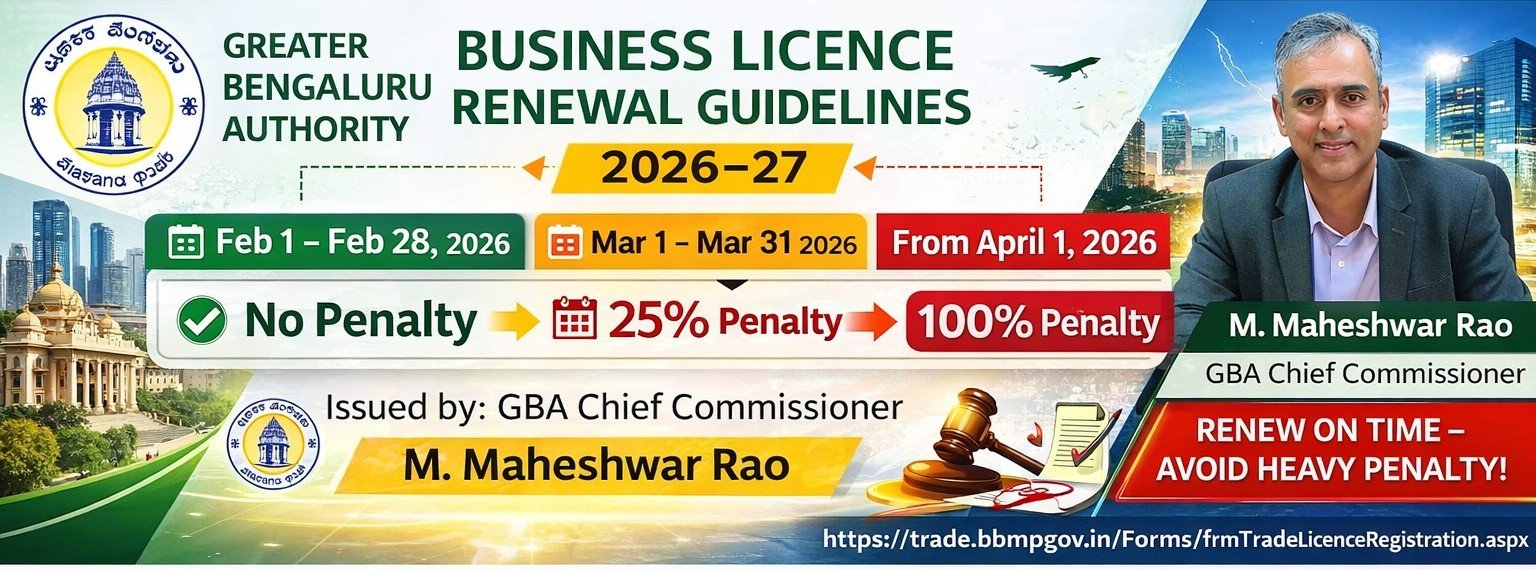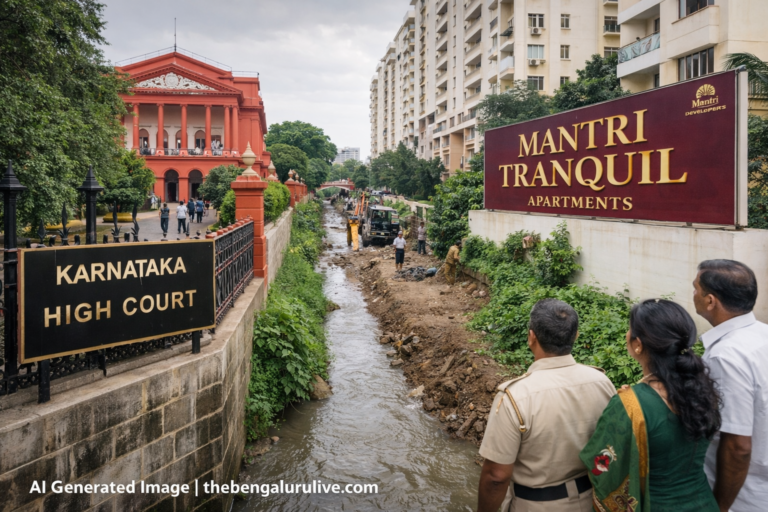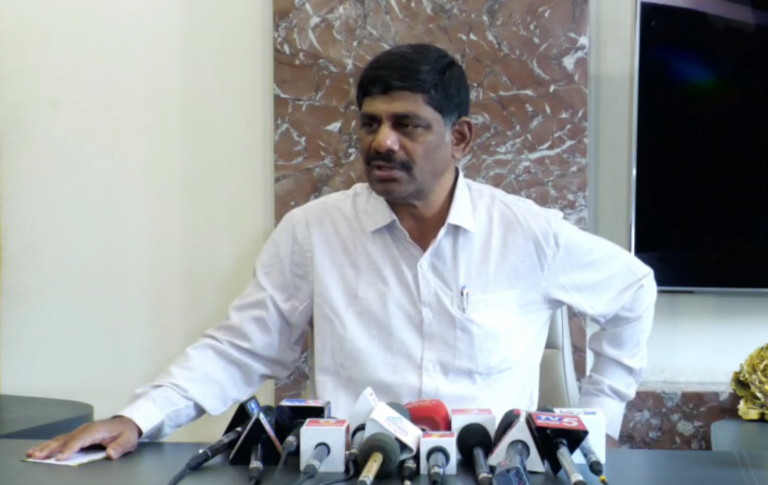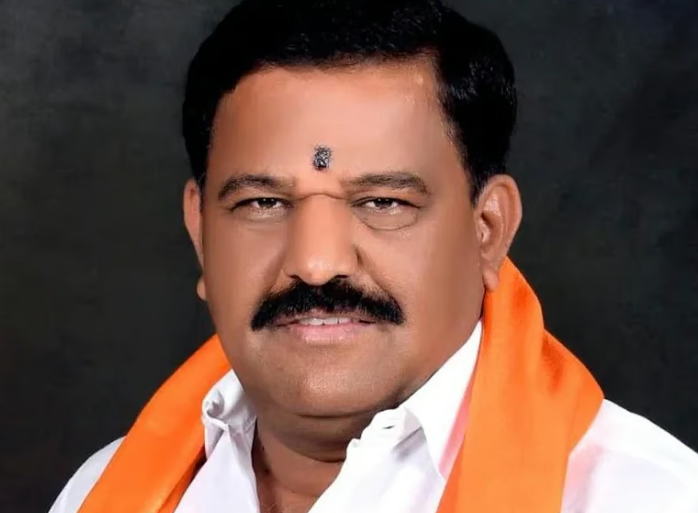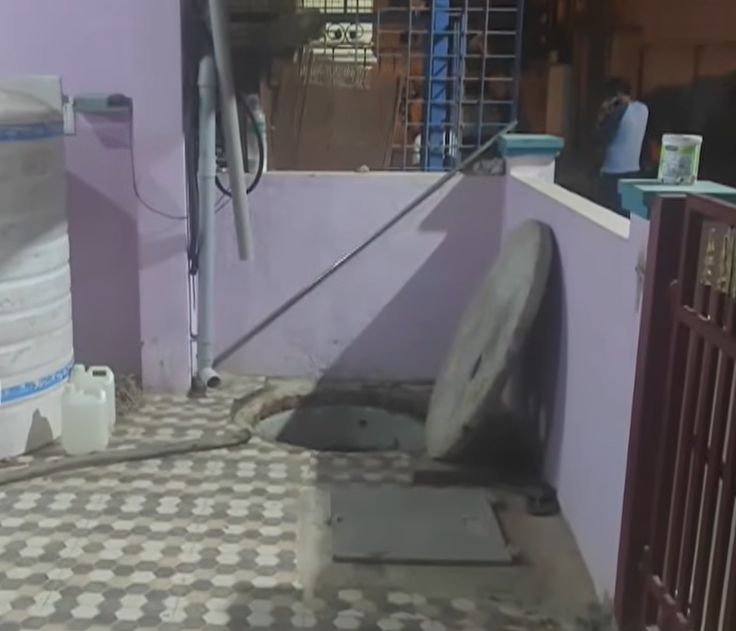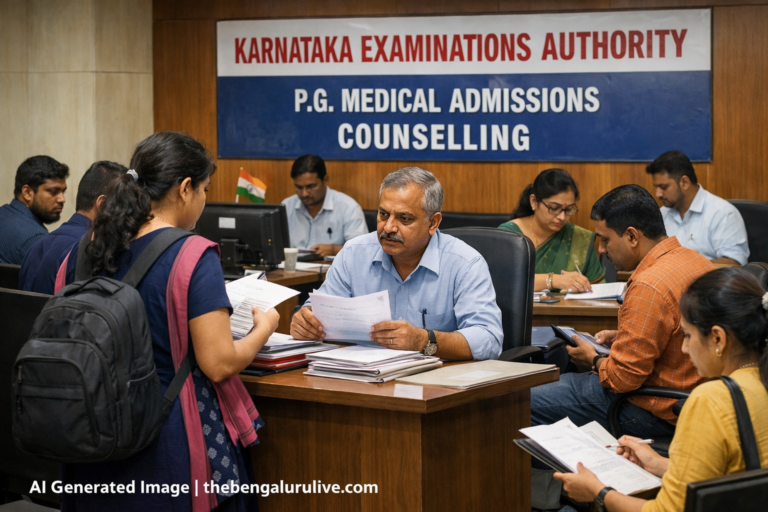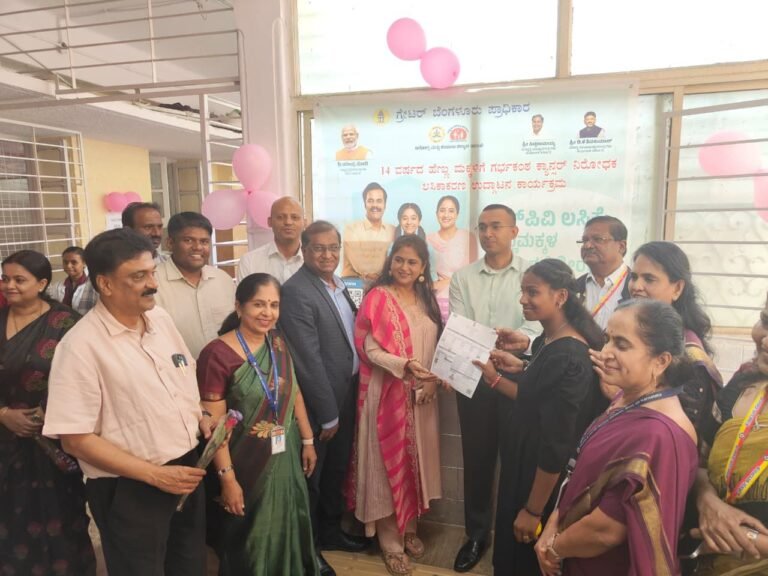
Bengaluru: The ongoing Karnataka socio-educational caste survey, which has stirred widespread debate and political opposition, reached the Karnataka High Court this week. In a crucial order, the division bench of the High Court refused to grant an interim stay on the survey, allowing it to continue, but imposed strict conditions on data confidentiality and citizen participation.
No Interim Stay, Only Conditions
Petitioners had urged the High Court to halt the caste survey, alleging procedural lapses, misuse of teachers as enumerators, and technical glitches in the mobile app. However, after hearing arguments for three consecutive days, the court categorically declined to stop the process.
Instead, the court directed the Karnataka State Backward Classes Commission to:
- Submit an affidavit to the court affirming how it will ensure the confidentiality of collected data.
- Assure that no data will be leaked, published, or shared until the petitions are fully disposed of.
- Clarify safeguards for protecting sensitive caste-based information.
Citizen Participation Must Be Voluntary
The High Court underlined that respondents cannot be compelled to reveal their caste or other details. Participation must be voluntary, with individuals free to provide answers, decline, or leave columns blank. This direction comes in the backdrop of confusion and fears that enumerators were pressuring households to disclose caste details.
Hearing Adjourned to December
The bench adjourned further hearing to the second week of December, while allowing the survey to proceed until then. The court instructed that till disposal of the petitions, the Commission and the State Government must not make any part of the data public.
Technical Glitches and Protests
Meanwhile, on the ground, the caste survey has faced multiple hurdles:
- Server and app glitches: Enumerators across Davangere, Hassan, and Vijayapura reported that the app either failed to open, erased saved data, or lacked network support.
- Teacher protests: In Doddaballapur, teachers demonstrated outside the Assistant Commissioner’s office, objecting to being deputed for survey duties far from their rural schools, and alleging poor training.
- Public anger: In Shivamogga, residents accused the government of conducting the exercise in an “unscientific manner,” with inadequately trained staff struggling to handle 60-question forms.
Political Angle
The caste survey has triggered political tensions. Petitioners sought to portray it as a “caste census,” while the Backward Classes Commission’s counsel, Prof. Ravivarma Kumar, clarified in court that this is a socio-educational and economic survey, distinct from the national census. He emphasized that participation is voluntary and aimed at identifying backwardness, not merely counting caste numbers.
Congress leaders including BK Hariprasad, SN Boseraju, Santhosh Lad, and HM Revanna are scheduled to hold a strategy meeting tomorrow to back Chief Minister Siddaramaiah, who has faced criticism from opposition parties.
Bottom Line
With the High Court’s refusal to stay the exercise, the Karnataka caste survey will continue until October 6, but under tighter judicial scrutiny. The Commission must now reassure the court on data protection and avoid any leaks. For now, the contentious process moves forward—but its ultimate validity will hinge on the High Court’s final ruling in December.

